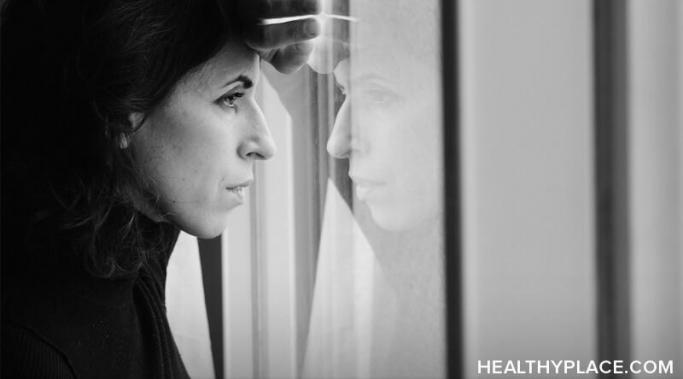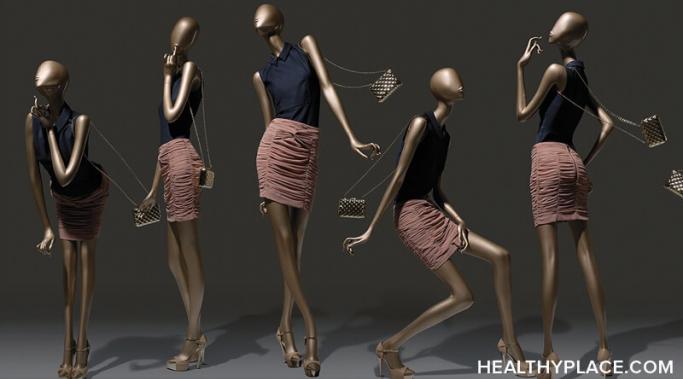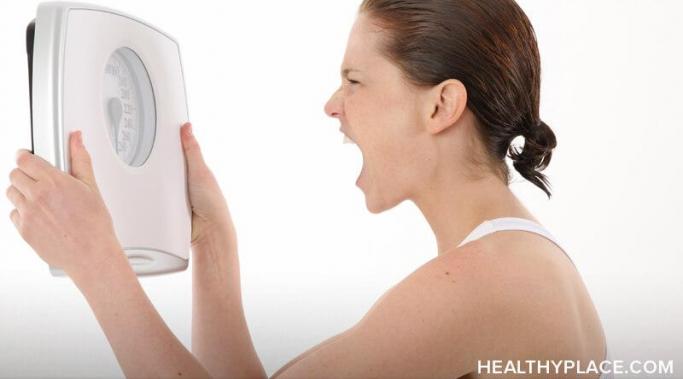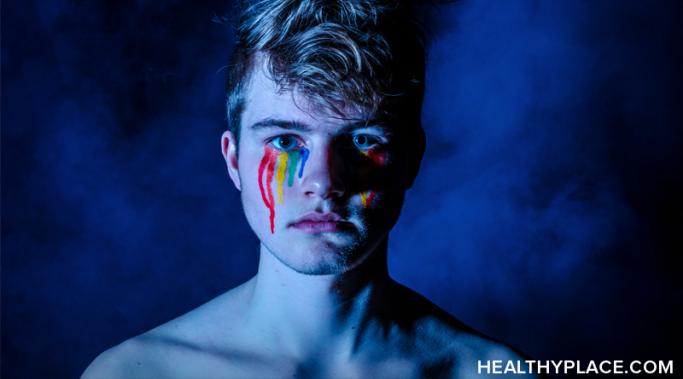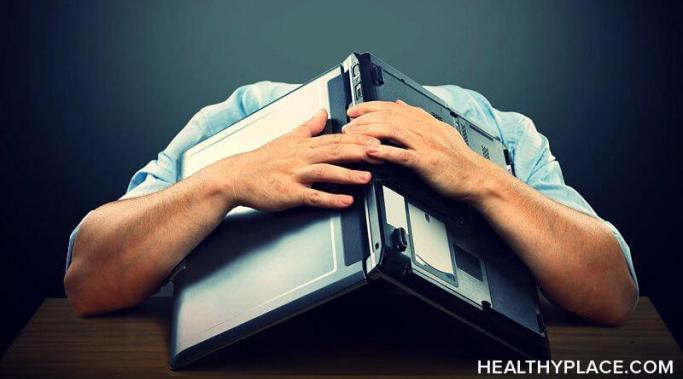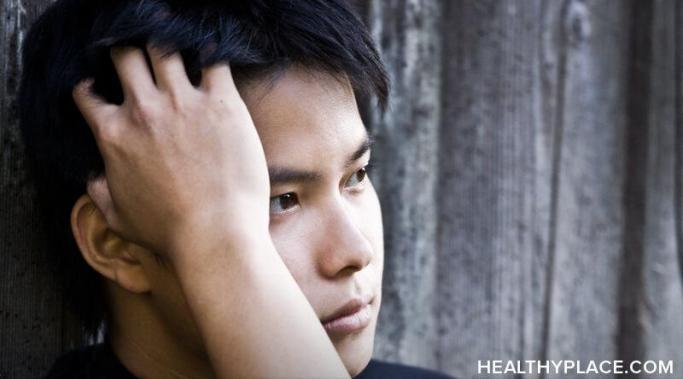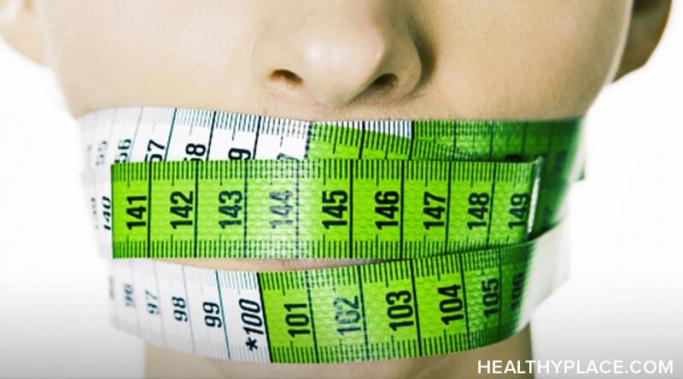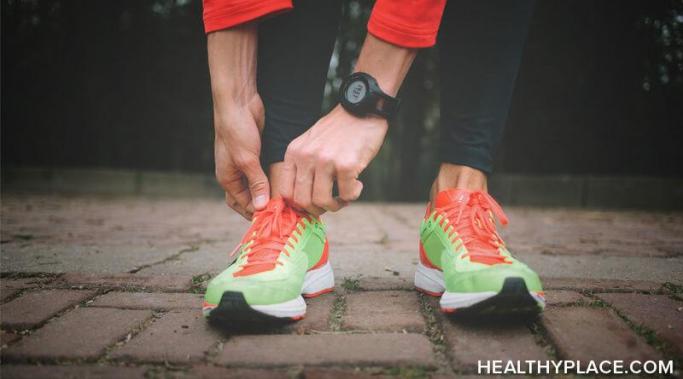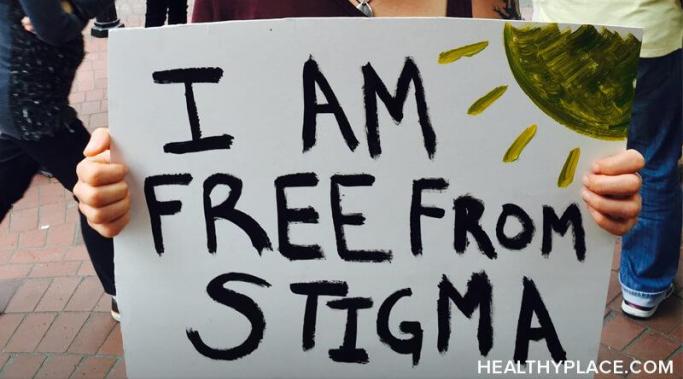The mainstream culture needs more advocates for eating disorder awareness—and as someone in pursuit of healing for your own life, you could become an advocate.
Eating Disorder Stigma
Most mainstream eating disorder films offer stereotypical representations of people with eating disorders. It’s important for our storytellers to start offering honest and responsible portrayals of eating disorders that speak to a wider spectrum of people.
Last week, I came across the idea of "thin privilege," a term I had been unfamiliar with up to that point, and as I researched this concept, I was forced to confront the role of thin privilege in eating disorder treatment—my own experience included. Thin privilege is a systemic ease and entitlement in which people with smaller bodies tend to move through society. More opportunities and advantages are often afforded to people who look the way mainstream culture has deemed acceptable or ideal. In terms of the eating disorder population, those who mirror the stereotype of "emaciated" are more likely to have their illnesses treated with serious concern and validation than people whose bodies do not reflect this arbitrary mold. But if eating disorder recovery is to be made accessible for all those who suffer—not based on outward size or shape—then it's time to address the role of thin privilege in eating disorder treatment.
Some men play a role in causing eating disorders in women. When I first began to experiment with the behaviors that would morph into a severe battle with anorexia, my 15-year-old self had no idea I was about to be complicit in a systemic intersection between eating disorders and the patriarchy. Even as a teenager, I admired the ethos of feminism—I was drawn to independent, fierce, opinionated women, and I sought to become one myself. But I also harbored a secret, a paradox that challenged the same feminism I tried to be part of. I was determined to curate a body that mirrored cultural standards of beauty which had been impressed on females like me from the time I could remember. So with each calorie I restricted or meal I avoided, I reaffirmed the subtle power of gender inequality. I was not aware of this back then, but since I am now, I want to explore that men can play a role in causing eating disorders in women.
While anorexia, bulimia, and other related illnesses can affect the members of any population, evidence shows eating disorders have a disproportionate impact on youth in the lesbian, gay, bisexual, transgender, queer (LGBTQ) community. As of 2018, more than 50 percent of U.S. residents between the ages of 13 and 24, who self-identify as LGBTQ, have suffered from an eating disorder at some point in their lives. This research is based on a nationwide survey of 1,034 people within this demographic, and it stands to reason, this steep percentage is a result of the unique obstacles or traumas that LGBTQ individuals often experience. So let's discuss how eating disorders can impact youth in the LGBTQ community—and how to support those who face this painful reality.
Eating disorders and pornography addictions have more in common than you might realize at face value. But when you break down the complex nuances, deep-rooted motives, and unaddressed traumas that often drive the symptoms of these issues, both eating disorders and porn addictions share many identical threads. In fact, I know firsthand this connection exists because I am a survivor of anorexia, and my husband is a recovered user of porn. Our two healing stories are uniquely our own, but the similarities between his obstacles and mine are also just too pronounced to dismiss as coincidental. So what do eating disorders and pornography addictions have in common? In case you are wondering, here is my perspective on this enmeshed and intricate dynamic.
When was the last time any of us heard someone talk about a connection between men and eating disorders? My hunch is, not recently. And that's because this segment of the eating disorder population is rarely discussed. A common assumption is that eating disorders only affect women and girls, but this eating disorder stereotype is harmful—sometimes even lethal—to the estimated 10 million boys and men who suffer from this illness in the United States. Due to a lack of awareness about eating disorders as nondiscriminatory between genders, men often feel amplified shame around their struggle which can deter them from seeking out resources, treatment, and a healing community. So as a culture, we need to break this harmful stigma. We need to talk vulnerably and honestly about men and eating disorders.
We need to debunk eating disorder myths because, despite their jarring prevalence in modern society, eating disorders are often misunderstood by people who have not experienced them firsthand. Because of this limited consideration and knowledge, common myths about eating disorders have emerged that need to be debunked.
If you have access to the Internet, then chances are, you're aware of the popular "fitspiration" trend, but have you considered—or worse, experienced—its influence on the spread of eating disorders? For several years, fitspiration has been gaining traction and momentum on social media. Self-appointed wellness experts are using the buzzword as a hashtag for their Instagram posts. Fitness-themed Pinterest boards are cluttered with images of men and women exercising their toned physiques, overlaid with mantras like, "Strong is the new skinny." Upon first glance, these phrases seem innocuous—progressive shifts toward strength over thinness. But the truth is, fitspiration can influence eating disorder behaviors, so it's important to examine the subliminal messages beneath the motivational words and snapshots.
The language society uses when talking about eating disorders is weird. But as survivors—or allies of survivors—with firsthand experience of the illness, we have the power to change this dialogue. Within the context of mainstream culture, eating disorders and those of us impacted by them, are often branded with limiting quantifiers and descriptors. These labels seem like barriers in direct opposition to eating disorder recovery, but we can either accept the status quo or initiate another conversation—one that advocates for the potential of courage, strength and healing.

